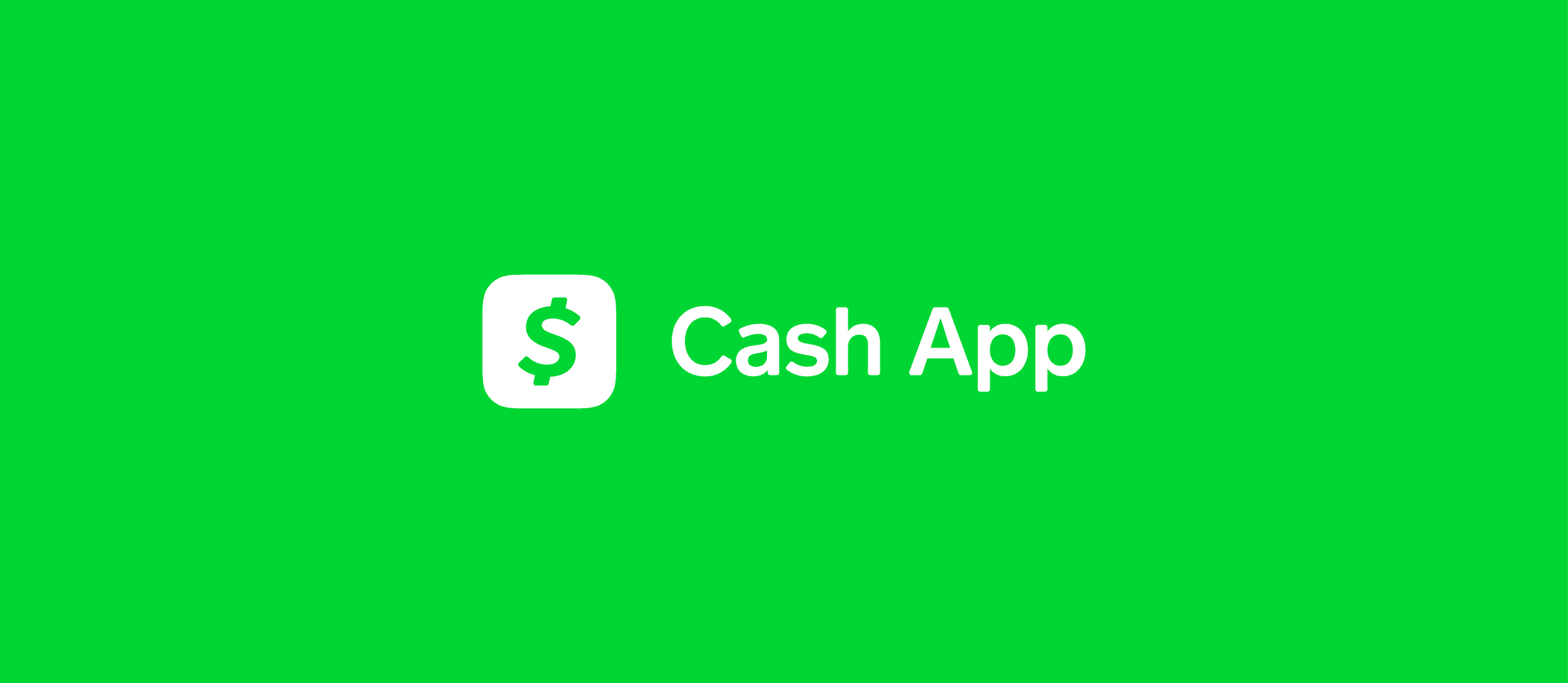Cash App has become a popular way to send and receive money. But fraudsters have created scams to trick users. One common trick is the “Cash App free money code” scam.
There is no legitimate way to get free money on Cash App using a code. Any offer claiming to provide this is a scam. Fraudsters often promise large sums of money in exchange for a small payment or personal information. They may also ask users to download suspicious apps or click malicious links.
Cash App users should be cautious of unsolicited messages or offers. The app will never request funds from customers for any reason. Users should only send payments to people they know and trust. If an offer seems too good to be true, it likely is.
Cash App Free Money Code Scam: Staying Safe
This article explains how the scam works, why people fall for it, and how to protect yourself. It also covers what to do if you become a victim.
How the Scam Works
The Cash App free money code scam tricks people into thinking they can get free money. Scammers often use social media or emails to spread these fake codes. They may promise large sums of money for little or no effort. They often use phrases like “Cash App glitch” or “Cash App hack” to make it sound real. These posts or messages often include fake “codes” or ask you to click a link. These links often lead to phishing websites. These sites look like the real Cash App website. But they are designed to steal your login information. Other times, scammers ask for a small “verification” payment to get the larger sum. Of course, you never get the promised money. Instead, you lose the small payment and risk your personal information.
Why People Fall for It
People fall for this scam for a few reasons. The promise of free money is very tempting. Scammers make their offers sound urgent. They pressure people to act fast before the “deal” disappears. Some people may not know how Cash App works. This makes them more likely to believe false claims. Scammers also use fake testimonials or create fake accounts. This makes their scams seem more believable.
How to Protect Yourself
Protecting yourself from this scam is easy. Remember these tips:
- Never trust offers of free money on Cash App. Cash App does not give away free money through codes or glitches.
- Do not click on links in suspicious emails or social media posts. Go directly to the Cash App website or app if you need to.
- Never share your Cash App login information with anyone. Cash App will never ask for your PIN or sign-in code.
- Be wary of anyone asking for a small payment to get a larger sum. This is a classic sign of a scam.
- Report suspicious activity to Cash App. This helps them stop scammers.
What to Do If You Are Scammed
If you think you have been a victim of this scam, take these steps:
- Change your Cash App PIN and password right away.
- Contact Cash App support to report the scam.
- If you gave out bank or credit card information, contact your bank or credit card company. They can help you protect your accounts.
- Report the scam to the Federal Trade Commission (FTC). This helps them track and stop scams.
Other Cash App Scams to Watch Out For
Besides the free money code scam, other Cash App scams exist. One common scam is the “Cash App Friday” scam. Scammers create fake Cash App accounts. They promise to give away large sums of money on Fridays. To enter, you must send them a small amount of money. Of course, you never get the promised money. Another scam involves fake customer service representatives. Scammers contact you pretending to be from Cash App support. They may say there is a problem with your account. They will ask for your login information or other personal details. Never give this information to anyone claiming to be from Cash App support.
Besides the free money code scam, many other Cash App scams exist. Here are ten of the top scams to watch out for:
- Cash App Friday/Giveaway Scams: Fake accounts promise large sums of money if you send a small amount first.
- Phishing Scams: Fake emails or messages trick you into giving up your login information.
- Customer Support Impersonation Scams: Scammers pretend to be Cash App support and ask for your PIN or other sensitive data.
- Investment Scams: Scammers offer fake investment opportunities through Cash App.
- Romance Scams: Scammers build relationships with people online and then ask for money through Cash App.
- Job Scams: Scammers offer fake jobs and ask for money for “supplies” or “training” via Cash App.
- Rental Scams: Scammers list fake apartments or houses for rent and ask for deposits through Cash App.
- Puppy Scams: Scammers offer puppies or other pets for sale online and ask for payment through Cash App.
- Fake Product/Service Scams: Scammers sell fake products or services online and ask for payment via Cash App.
- Accidental Payment Scams: Scammers send you money by “accident” and then ask you to send it back, but the original payment was fraudulent.
Key Takeaways
- “Free money” codes for Cash App are always scams
- Be wary of unsolicited messages and offers on Cash App
- Only send payments to trusted contacts on the app
Understanding Cash App and Common Scams
Cash App is a popular mobile payment service, but it’s also a target for scammers. The “Cash App free money code” scam is one of the most common. It promises users free money through codes or glitches, but it’s always a trick.
Cash App users face various scams that exploit the platform’s ease of use. Scammers employ tactics on social media and through direct communication to trick users into giving away money or personal information.
Identifying Common Cash App Scams
Cash App scams take many forms. Phishing attempts often involve fake emails or texts that appear to be from Cash App. These messages may ask users to update their account information or claim there’s a problem that needs fixing.
Cash flipping scams promise to multiply a user’s money quickly. Scammers ask for a small amount and claim they’ll return a larger sum. This never happens.
Fake giveaways are common on social media. Scammers create posts claiming to offer free money to Cash App users who follow certain steps. These steps often involve sending money first or sharing personal information.
How Scammers Operate on Social Media
Social media platforms are breeding grounds for Cash App scams. Scammers create fake profiles that mimic legitimate accounts. They often use Cash App’s logo and colors to appear official.
These profiles post about fake giveaways or money-making opportunities. They may ask users to comment, share, or message them privately. In direct messages, scammers pressure users to act quickly or miss out.
Scammers also use hashtags related to Cash App to reach more potential victims. They might comment on genuine Cash App posts to lure users to their scam profiles.
The Reality Behind ‘Free Money’ Offers
Free money offers on Cash App are almost always scams. Legitimate giveaways are rare and never require users to send money first. Cash App does not offer ways to instantly multiply money.
Scammers often claim to have insider knowledge or special techniques. They may show fake screenshots of large balances to convince users. These tactics play on people’s desire for quick financial gains.
Users should remember that Cash App doesn’t have any secret codes to get free money. Any offer that sounds too good to be true likely is. Cash App advises users to only send money to people they know and trust.
Protecting Yourself and Your Money
Cash App users can take several steps to safeguard their accounts and finances. These measures include using built-in security features, following best practices, and knowing what to do if scammed.
Security Measures on Cash App
Cash App offers several security features to protect users’ accounts and money. The security lock is a critical tool that requires a PIN or biometric authentication for every transaction. Users should enable this feature immediately.
The Cash Card, a customizable debit card linked to the Cash App account, adds an extra layer of security for in-person transactions. It can be easily disabled if lost or stolen.
Privacy settings allow users to control who can see their transactions and personal information. Adjusting these settings can help prevent unauthorized access to sensitive data.
Cash App’s sign-in code provides an additional barrier against unauthorized logins. This two-factor authentication method sends a unique code to the user’s registered phone number or email address.
Best Practices to Avoid Cash App Scams
Users should be cautious when receiving unsolicited messages or offers related to Cash App. Legitimate Cash App support will never ask for login credentials or sensitive information via email, text, or social media.
It’s crucial to verify the identity of any person or business requesting money through Cash App. Users should be wary of offers that seem too good to be true, such as promises of free money or investment opportunities with guaranteed returns.
When sending money, double-check the recipient’s information before confirming the transaction. Once money is sent, it can be difficult or impossible to recover if sent to the wrong person or a scammer.
Users should regularly monitor their transaction history and account activity. Any suspicious transactions should be reported to Cash App support immediately.
Steps to Take If You Fall Victim to a Scam
If a user suspects they’ve been scammed, they should immediately contact Cash App support through the app. The support team can help investigate the incident and potentially block further unauthorized transactions.
Users should try to cancel any pending payments or request a refund if possible. However, Cash App transactions are typically instant and may not be reversible.
Reporting the scam to the Federal Trade Commission (FTC) is also recommended. The FTC uses this information to investigate and prevent future scams.
Changing the Cash App PIN and reviewing recent transactions for any other suspicious activity is crucial. Users should also consider updating passwords for linked bank accounts and cards.







